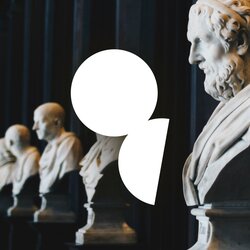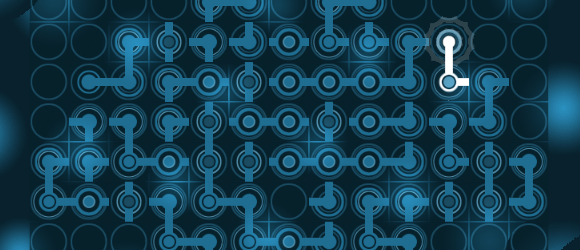
One Answer
Leave a Reply
You must Register - Login to add an answer.
5 Answers
Here is a great good list of books with annotations:�http://top.thepo.st/1590133/Neskolko-knig-po-logike-i-kriticheskomu-myishleniyu?fb_ref=thepo.st_sync
I added, although the question was asked a long time ago, – well, yes, someone will look at the search on the resource, you see, and it will come in handy.
It seems there are 2 ways. And choose for yourself. One is more” bitter”, but it has its own buzz, this path is called experience. Start with logic puzzles. You can find a lot of them by searching for the corresponding queries in the search engine. Decide for yourself, read the answers. It will be difficult, but very interesting.
The second way is a tutorial, and here it will help you understand more deeply. The main thing is to learn and understand the terms, and then go ahead for new books, there are many of them. Take up the story. Answer the main questions of logic together with the great thinkers of the past.
But remember, reading alone will not do any good, logic is always your personal thought process. So always solve problems and come up with your own. First by analogy, then more individually. Success.
started logic from textbooks to read books will repeat in each topic e.g. judgment ratio 50 and more times to find examples.
On the other hand, I studied in an Uzbek school and the language becomes Uzbek, but I also studied in Russian. I knew this subject a little poorly in my life, but I will also study for this subject.
I read and tell you what I read, then I work out a task in each topic, for example, zoo law of reverse relations, I will find 70 examples and move on to another topic.self-independent reading and independent study of pre-meta logic. I watch the series mentalist which relates to logic. So far, I've been working like this.I understand the Russian language very well.
Bocharov, Markin “Fundamentals of logic”.
There is no royal way, if you study logic – then formal. Formal logic in Russian is undoubtedly best described in this book; but it does not throw the reader into it immediately, but first explains the very basics. This is a textbook, an important part of which is a set of practical tasks for improving technical skills; in addition, most of the main formal systems of modern logic are described there. The 2008 edition is easily searched on the Internet.
Separately, I cannot but challenge the opinion expressed here about Aristotle. It is definitely not worth starting with Aristotle to study logic, especially with his shabby Russian edition (neither the one in the Philosophical Heritage, nor the earlier 1952 edition). Aristotle is without a doubt a giant of logical thought, but for a beginner, formal logic will be quite jarring for his texts, which already suffer from opacity and are completely crippled by an unglamorous translation (and an equally unglamorous commentary).
There is an excellent popular book of Soviet times: Grzegorczyk A. “Popular logic” Is the very basics. And P. S. Popov “The history of modern logic”, a good textbook without complex mathematics for understanding the general picture of the development of logical ideas.
For a deeper study, I can recommend books:
Tarskiy A. Vvedenie v logiku i metodologiyu deduktivnykh nauk Introduction to logic and methodology of deductive sciences,
Hilbert D., Ackerman V. Fundamentals of theoretical logic,
Kolmogorov A. N., Dragalin A. G. Introduction to mathematical logic.
All these books are easy to find in electronic form, and then you can see which one is more convenient to study. In fact, the material intersects by 2/3 somewhere in all these books, but Tarsky and Hilbert explain more and give examples of everyday language or more or less “school” algebra, and Kolmogorov has a more concise and informative text.
Separately, I want to advise Analysts and the Topic of Aristotle with comments (for example, from a four-volume book) and to them Lukasevich Ya. “Aristotelian syllogistics from the point of view of modern formal logic”. This is a complex and rather special study, but it is worth reading if you want to understand logical problems.
Leave a Reply
You must Register - Login to add an answer.

You need to start studying logic with classical logic. Standard university textbooks are suitable for this, for example, I like most of all the book by Kuzina E. B. “Logic in summary and exercises” (on the Internet you can find an older book by the same author “Practical Logic. Exercises and problems with explanations of solutions”, which, in fact, is an earlier edition of “Logic in brief”). This tutorial is quite short and, in my opinion, is great for beginners.
Further, you can recommend the manual of V. A. Bocharov and V. I. Markin “Introduction to logic: textbook”. It is quite extensive and covers not only classical logic, but also non-classical logics. As an introduction to the topic, it is quite suitable.